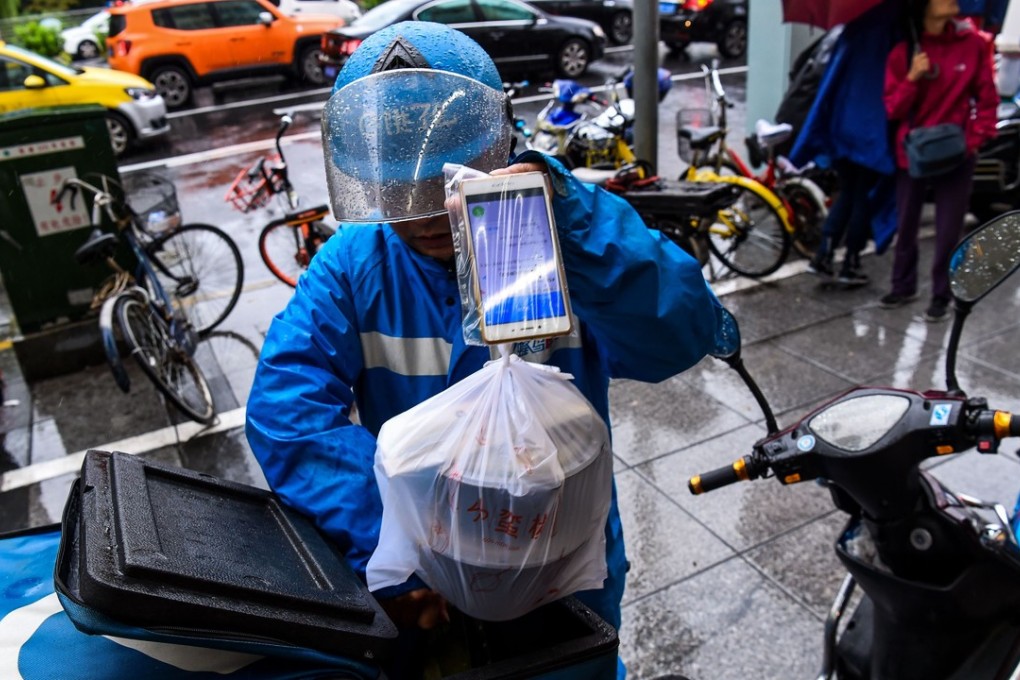Meal delivery is shaping up to be the next battlefront for China’s tech giants
Alibaba’s potential takeover of Ele.me, the food delivery service market leader in China, would intensify its competition with rival Tencent in online-to-offline services and mobile payments

Thomas Chen, a resident of the southern coastal city of Shenzhen, said he cannot remember the last time he left his flat to buy a takeaway meal.
Like many other consumers in the densely packed Chinese metropolis, the 27-year old Chen, who works in legal services, has grown accustomed to all the modern conveniences accessible through a smartphone: meal recommendations from local services platform Meituan-Dianping, food delivery via the Meituan Waimai app and payments on WeChat Pay.
“It’s so convenient that I don’t need to take a step out of my door,” he said.
Consumers like Chen are a big reason Alibaba Group Holding is widely expected to pull the trigger in taking over food delivery service Ele.me, which would enable the e-commerce giant to run its own delivery network to support the company’s strategy of merging online commerce with physical retail, according to analysts.
Reports last month said Alibaba had offered to buy out the remaining stake it does not own in Shanghai-based Ele.me for US$9.5 billion, a deal that would intensify competition between Alibaba and Tencent Holdings in online-to-offline local services and mobile payments.
Both Alibaba and Ele.me declined to comment on the reported acquisition, while representatives for Tencent did not immediately comment.